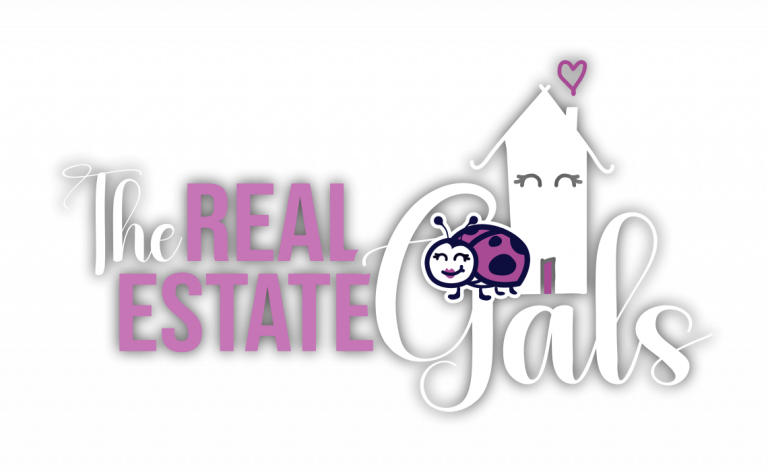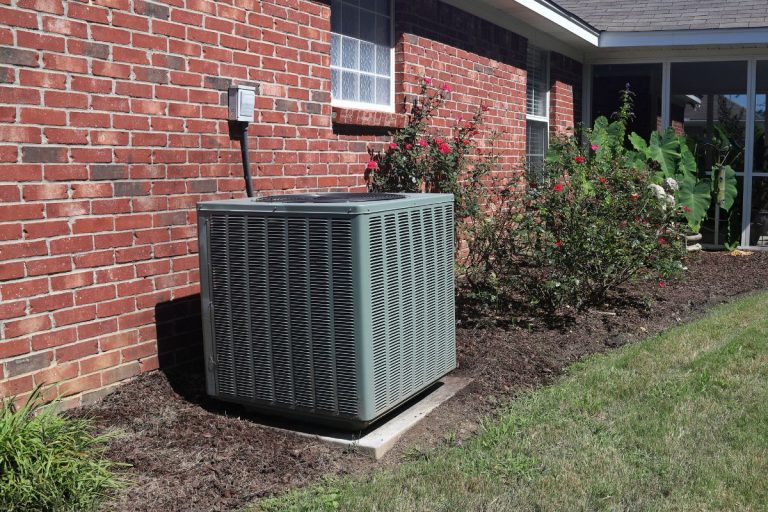I recently received an email from a past client who posed the question, “What would you tell a client about renting a furnace/air conditioner vs. buying? There’s a discussion going around our community and we would appreciate your professional opinion.”
Homeowners are always looking for ways to save money. After all, homeownership can get expensive when things break down or need replacing, especially those critical items like the furnace, air conditioner or roof.
And if you’re retired or a senior on a fixed income, spending thousands of dollars on a “40-year” shingle when you don’t plan on being in the house for 40 more years, can seem like a waste of money. It may cross your mind that a 10-year shingle is more than enough for you and much cheaper.
When it comes to shingles, an inexpensive roof will show wear and tear quite quickly. Cheap does not translate to value and if you are planning on selling, prospective homebuyers will need to factor a new roof into their budget.
The same goes for a furnace or air conditioner. Why buy new when you can rent one for much less? Cash flow can have a big influence on these decisions as many seniors don’t have the funds easily available to pay upfront.
But here’s the thing. Renting an HVAC system or going cheaper on a roof can significantly impact the resale value of your home. And this can wipe out any savings you might have realized, costing you even more in the end.
In Canada, there is an expectation that every home comes with central heating and an even bigger expectation that the equipment is owned. Properties for sale with leased HVAC naturally get far less for their home. New homebuyers will not want to take on additional monthly payments on top of their new mortgage. This may require you to pay out the contract, which could cost significantly more than (even double) the cost of new equipment.
In addition, some rental companies place a lien on your home which you are then forced to pay out when you sell. These HVAC contracts have made headlines as they often target seniors who can be more vulnerable to these types of scams.
A few days ago, I was speaking to a potential client about this very situation. A husband and wife – seniors on a fixed income – had contacted the hydro company about changing to monthly equal billing. By coincidence, a few days later there was a knock at the door and a gentleman said he was there to check their furnace. Trusting that the hydro company sent this person she let him in for the inspection. According to him, they were in desperate need of a new furnace.
They didn’t have savings for a furnace, so the man offered a package deal and financing. Their furnace was replaced, an air conditioner was added, and a water treatment system was installed as well as a few other gadgets. The bill came to $38,000. Suddenly realizing they had been scammed, they have since hired a lawyer to negotiate a reduction in price and terms. A judge ordered the company to settle for a significantly reduced price and that company has since placed six various liens on the property forcing them to pay if they ever sell the home.
They now want to sell due to failing health, however, they are in a very difficult and expensive position to try to get things resolved through a lawyer and now are forced to wait until the liens are lifted.
So, are you really saving?
Life happens, and sometimes that means the untimely selling of your home. When making the decision to rent or buy new equipment or go cheaper on a house upgrade because you won’t own it long enough to reap the benefits, consider the impact your decision will have on the resale value of your home.
If you don’t have the upfront cash to buy a new furnace, consider a bank loan or using a line of credit where the interest rate will be far less than the overall cost of renting the equipment. If you still feel that renting is the right option for you, be sure to read the terms and conditions of any rental agreement carefully before signing.

